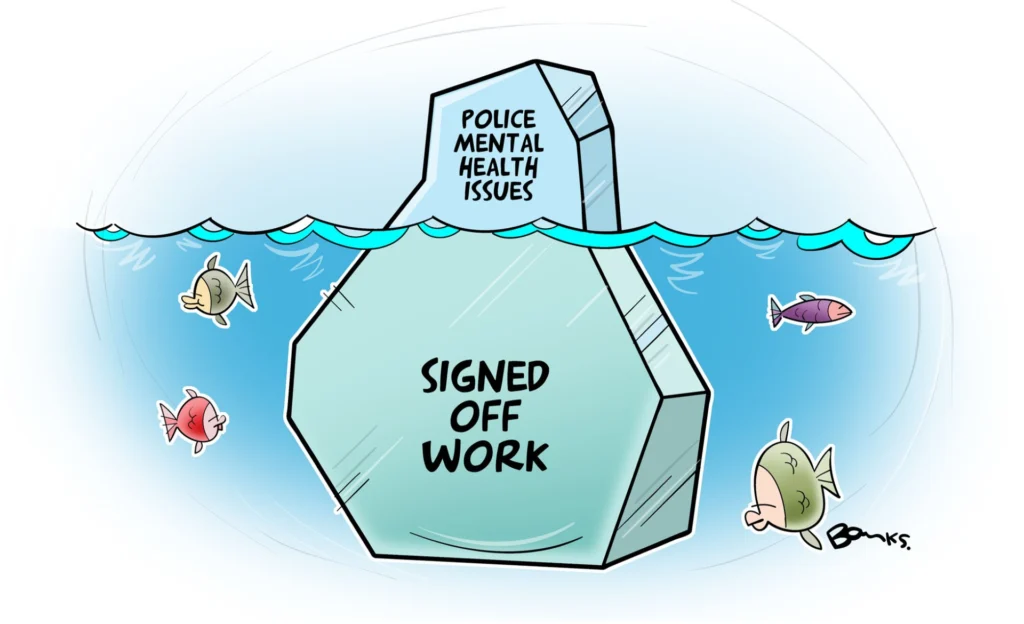Article
Investigating the Dark Web: Risks, Challenges, and Opportunities

The newest Police Oracle Training Academy session is set to why investigating the dark web is so important, and understanding what can be done to police it.
Led by Red Snapper Learning (RSL), the latest session will provide investigation and enforcement professionals with a foundational understanding of the dark web, its relevance to modern investigations, and the risks, challenges, and opportunities it presents.
By the end of this webinar, participants will have a clearer understanding of how the dark web operates, its investigative challenges, and practical methods for law enforcement and regulatory bodies to leverage intelligence while remaining compliant with legal and ethical obligations.
So why is it so important?
The dark web facilitates a wide range of criminal activities, including cybercrime, fraud, drug trafficking, child exploitation, and terrorism.
Criminals exploit anonymity to evade detection, making investigations critical for public safety and enforcement.
The proliferation of illicit markets, ransomware operations, and extremist content makes proactive investigation essential, and means regulatory bodies and law enforcement must stay ahead of emerging threats to disrupt illegal activities effectively.
Importantly, investigating the dark web can also provide crucial intelligence that leads to real-world enforcement actions.
Participants will gain an overview of the dark web, common misconceptions and realities about investigations, how users access it, common criminal activities, the role of cryptocurrencies in transactions and more.
The Investigating the Dark Web: Risks, Challenges, and Opportunities event is a Police Oracle Full Subscriber benefit.
To find out more about the event and/or register your interest click here.
Tags: EducationGood practice
Advertisement
Job of the week
Metropolitan Police Superintendent to Chief Superintendent promotion

- Metropolitan Police
- Multiple locations available
- Chief Superintendent
The Met is seeking outstanding leaders to join its senior leadership team. Policing London is a privilege and serving the diverse communities is at the heart of this privilege. Protect a city that can rival any in the world for its history, vibrancy, diversity and culture.
Read more

